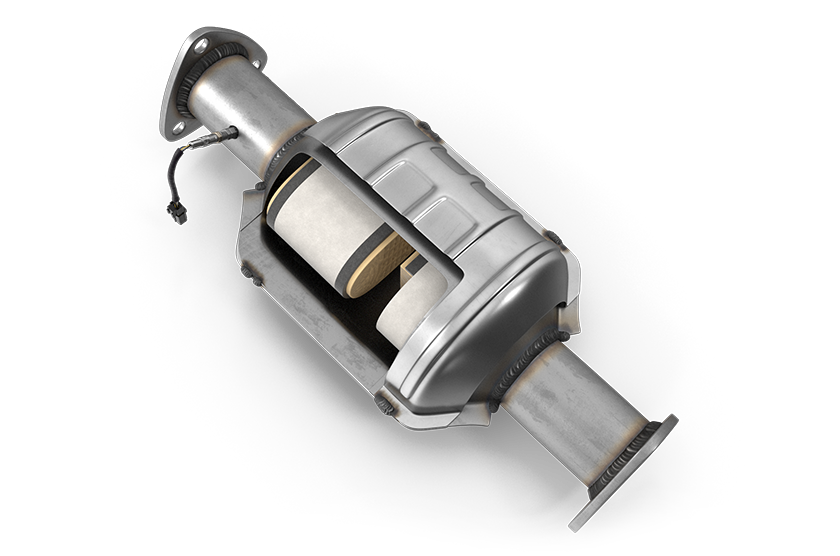DPF self-cleaner as a cost-effective solution for DPF cleaning?

Diesel particulate filters are regarded as the technically simplest solution for reliably reducing particulate matter (carcinogenic particles) in diesel engine emissions to a minimum.
Fine dust makes up a large proportion of the suspended dust in the air.
The formation of fine dust is due to both natural and anthropogenic (human) causes.
Primarily responsible for the formation of fine dust are, among others, rock erosion, microorganisms, plants, forest fires as well as the ever increasing mobility of humans.
Road traffic alone generates 42,000 metric tons of particulate matter annually, which must be reduced in order to protect both the environment and the human organism in the long term from exposure to excessively high levels of particulate matter.
Today, the fine dust particles produced during combustion are increasingly being held responsible for the negative effects of air pollution, so that limit values have been set for fine dust pollution in the air.
Particulate matter is considered to be particularly harmful to human health because the smallest soot particles are not filtered by the nose or bronchial tubes and can therefore enter the lungs unhindered, causing irreparable damage.
The fine dust reaches the pulmonary alveoli via the respiratory tract, where it is deposited and causes lasting damage to the lungs.
However, a distinction must be made between natural particulate matter – which is not harmful to humans – and anthropogenic particulate matter.
Natural particulate matter – such as sea salts – does not damage the lungs and even has a regenerative effect due to its solubility in water, which is why popular spa areas have a high proportion of natural particulate matter. (Norderney)
Basically, the smaller a particle is, the deeper it can penetrate and settle in the lungs.
Over time, more ultrafine particles enter the alveoli, where they are removed only very slowly or not at all. A frequent consequence – in addition to numerous respiratory diseases – is the development of pneumoconiosis.
Particulate filters reduce emissions of fine particles almost completely.
Nevertheless, road traffic is responsible for only about 17% of the nationwide fine particulate pollution, which is why the improvement potential of diesel particulate filters with regard to fine particulate pollution should not be overestimated.
However, particulate pollution would be much higher without the use of particulate filters and fixed particulate limits, which is why the use (closely related to regular cleaning) of a DPF protects both the environment and human health!
Another problem is that the increase in direct-injection gasoline engines (gasoline engines) may create a new – as yet unforeseeable – source of particulate matter.
